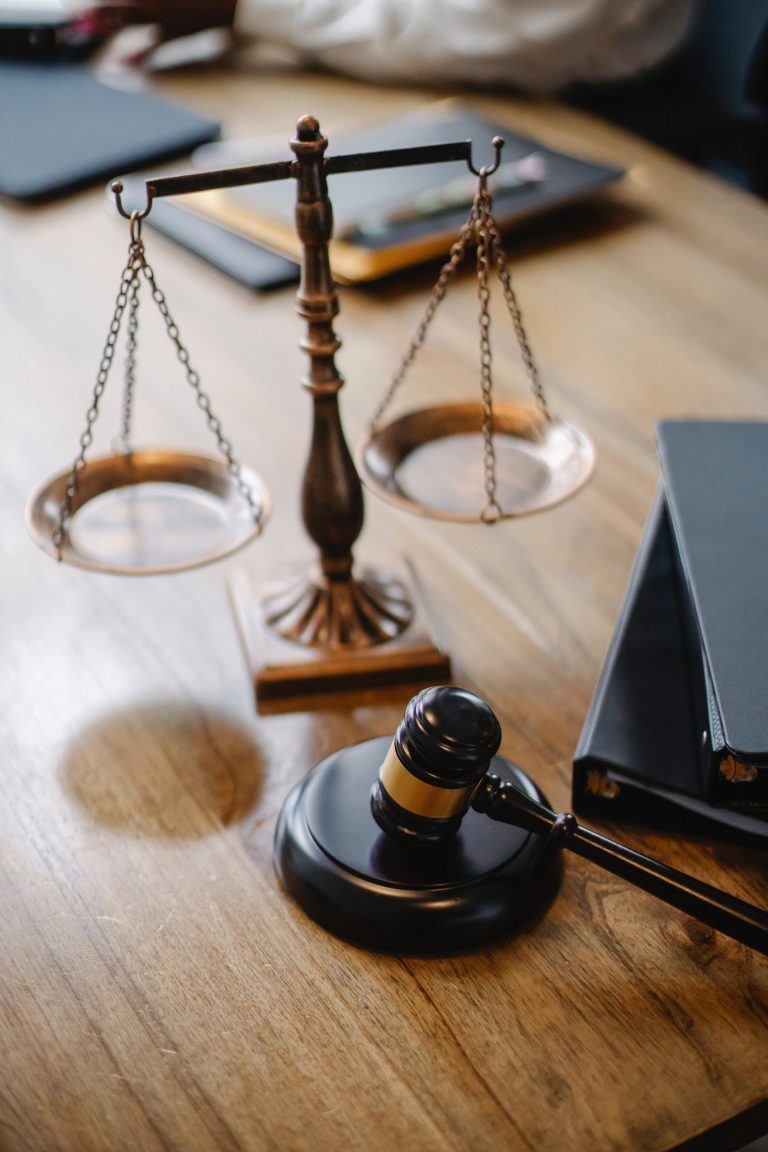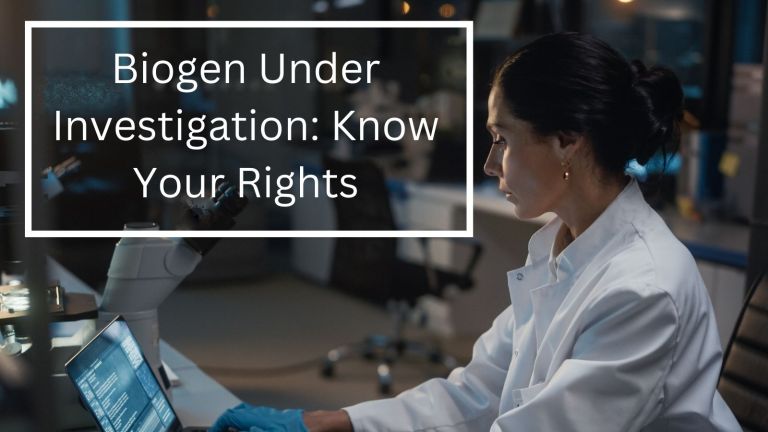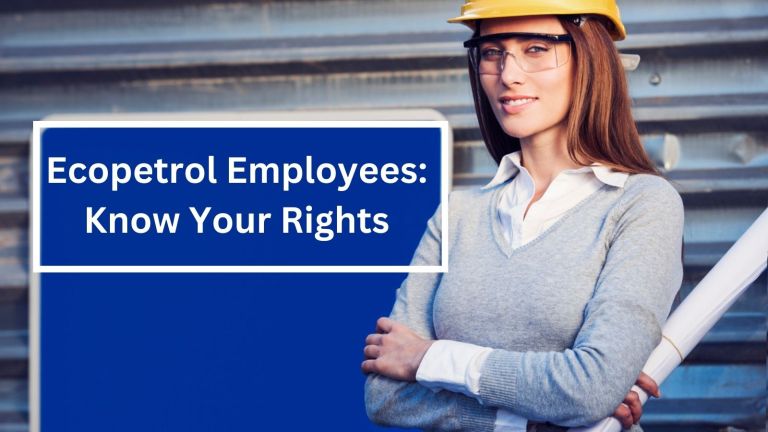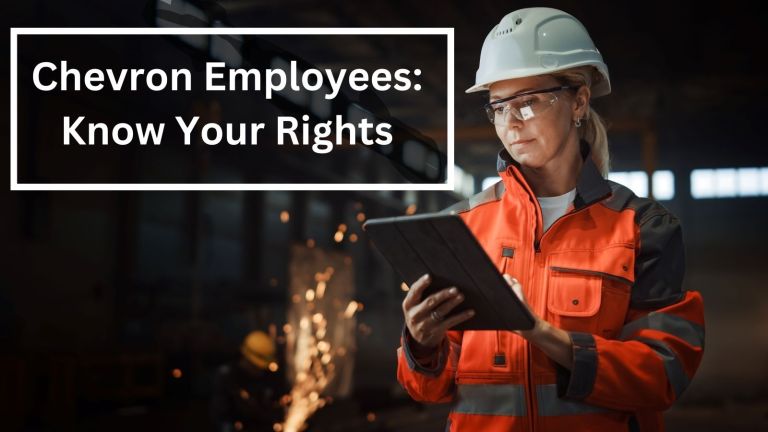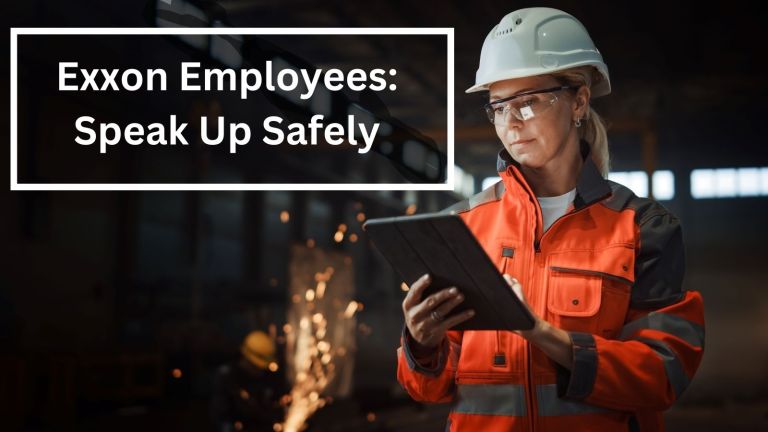If you are an SEC whistleblower, then it’s likely that at some stage you will come across SEC Form 1662. This is a form that the SEC provides to whistleblowers who are providing testimony and it’s very important that you understand the form and what it means. If you ever receive a Form 1662, you should contact a lawyer immediately. The Form 1662 indicates that the SEC is considering an enforcement action and collecting evidence regarding potential violations of federal securities laws. These are serious issues and should not be handled along. Even if you are a whistleblower who is simply helping the SEC, it is imperative that you seek counsel before assisting an investigation and providing evidence pursuant to Form 1662.
The SEC
The U.S. Securities and Exchange Commission (SEC) is a regulatory agency responsible for enforcement of federal securities laws in the United Kingdom and regulating companies that issue securities. The goals of the SEC are to protect investors, maintain fair and efficient markets, and facilitate capital formation.
The SEC’s primary mandate is to oversee the securities industry, which typically includes policing companies that have stock traded on the NYSE or NASDAQ. In order to do this, the SEC has an Enforcement Division which investigates potential violations of securities laws and enforces those laws by prosecuting the violators. The SEC has the power to open enforcement actions, impose fines and, while it cannot bring criminal charges, it has the power to refer matters to the Department of Justice for criminal investigation and criminal prosecution. In fact, many SEC investigations are run side-by-side with the DOJ and violators can face punishment from both agencies.
The SEC’s Investigative Process
When the SEC receives a whistleblower tip about a securities law violation, it is first reviewed by the Office of Market Information, before being referred to the Enforcement Division. If the Enforcement Division believe that the tip is timely, credible and specific, they can open an informal or formal investigation to determine whether in fact there has been securities law violations that warrant an enforcement action and penalty.
A key part of an SEC investigation is the taking of testimony from witnesses and gathering of evidence. This often involves speaking to whistleblowers who may have or know the whereabouts of key evidence. If you are a whistleblower who reported a violation and are contacted by the Enforcement Division, SEC staff will likely want to speak with you about your tip and obtain supplemental information. If this happens, the SEC staff will provide you with Form 1662 to inform you of your rights and obligations when giving testimony. The SEC will also provide the form to witnesses who are directed to provide testimony pursuant to a subpoena. If you receive Form 1662, you should immediately contact an attorney at FBR to assist.
What is SEC Form 1662?
Form 1662 is a form that the SEC staff provide to anyone asked to provide voluntary information as part of an SEC investigation, or anyone who has been directed to supply information as a result of a subpoena. The form addresses the following issues:
- Penalties for providing false statements or documents and perjury;
- How testimony can be recorded;
- Your right to counsel;
- Your fifth amendment rights;
- Your right to request documents such as a formal order;
- Rules regarding submitting information to the SEC and settlements;
- Freedom Of Information Act Requests;
- Legal provisions allowing the SEC to request information;
- Effect of not supplying information;
- How the SEC can use the information you provide.
As you can imagine, all of these topics are important and need to be discussed with counsel to ensure that you understand what you can and cannot do during an SEC interview. The most important issues for you to focus on with your counsel are discussed below.
Penalties for providing false information and perjury
Form 1662 provides a stark reminder to whistleblowers that providing false information or documents to the SEC can violate numerous federal laws and result in criminal prosecution and imprisonment. This means it is critically important that whistleblowers have spent time with their attorney preparing for the interview and making sure they answer accurately and honestly. While everybody speaking to the SEC usually intends to tell the truth, sometimes in the heat of the moment and when a witness has not been prepared for questions they can fall into a trap of saying what they wished was true, as opposed to what they know to be true.
How Testimony Can be Recorded
Form 1662 states that testimony can be recorded and a transcript of that recording can be provided to the witness or defendant. However, for whistleblowers who are providing testimony voluntarily it is exceedingly rare for the SEC to have a reporter who will transcribe the interview. Typically, the interview will be attended by SEC enforcement staff attorneys who will take notes but not record the interview.
Your Right To Counsel
Form 1662 sets out explicitly that a witness has a right to counsel when providing voluntary information as part of an SEC inquiry or pursuant to an SEC subpoena. Not only can counsel assist you during the interview by guiding you through the process, but more importantly, counsel can assist you in preparing for the interview and making sure you are aware of your rights and obligations when participating in an SEC inquiry. One of the many benefits of having counsel is that you get the benefit of the attorney client relationship which allows your conversations with your attorney to remain privileged and confidential. This means that the SEC is not allowed to seek information about what advice you have sought or has been provided to you by your attorney. Any SEC whistleblower looking for counsel should contact FBR immediately for a free consultation. FBR represent numerous SEC whistleblowers and work on contingency fees, meaning they do not charge you unless you obtain a whistleblower reward.
Your Fifth Amendment Rights
Whistleblowers who are asked to provide supplemental information or evidence to the SEC are not required to do so and there is no penalty for refusing to provide voluntary information. This is one of the most important issues addressed by Form 1662 and effectively is setting out your right to remain silent, which is your fifth amendment privilege. Importantly, if you chose to provide testimony as a witness in an SEC inquiry, that testimony can later be used against you or any other defendant in federal court, an administrative proceeding, criminal prosecution or enforcement action of any kind.
Your Right To Request Documents
If the SEC has opened a formal investigation, it is likely that they will have applied to a federal court to obtain a ‘formal order’. This is a legal document that allows the SEC to obtain subpoenas directing a witness to provide testimony, documents or evidence. While witnesses can request a copy of a formal order, it is rare for whistleblowers to do so.
Effect of Not Supplying Information
If you are a whistleblower who has been asked to provide supplemental information to assist an SEC investigation, it is important to remember that there is no penalty for refusing to provide information voluntarily. This means that whistleblowers are under no obligation to speak to the SEC. Only if a person receives an SEC subpoena are they required to provide information.
Use of Information
If you are providing information to the SEC after receiving a Form 1662, the information could be used in a formal investigation or enforcement action. This means the information could become part of a federal court or district court record. This is important because one of the best protections a whistleblower has is maintaining their anonymity. If a whistleblower provides information to the SEC during a voluntary interview, it is possible that that information could reveal the identity of the whistleblower and later become public. This is why it is important that a whistleblower has experienced counsel who can assist them throughout the interview.









